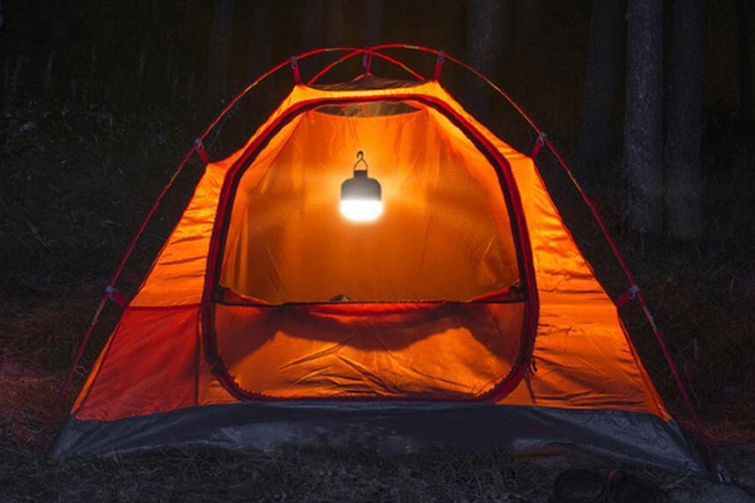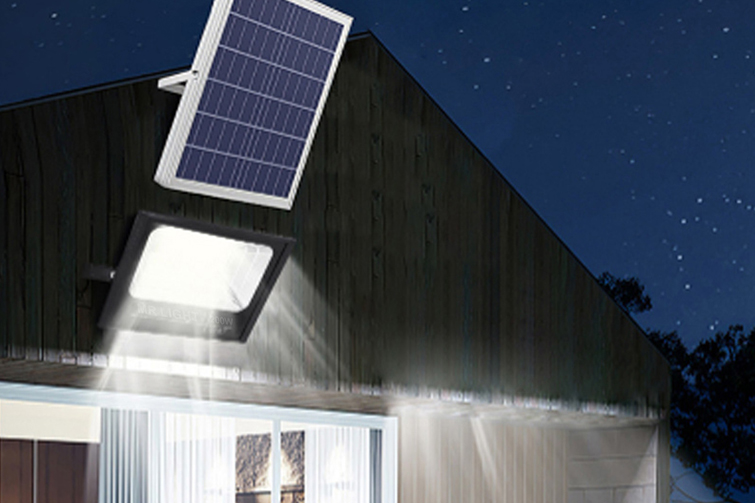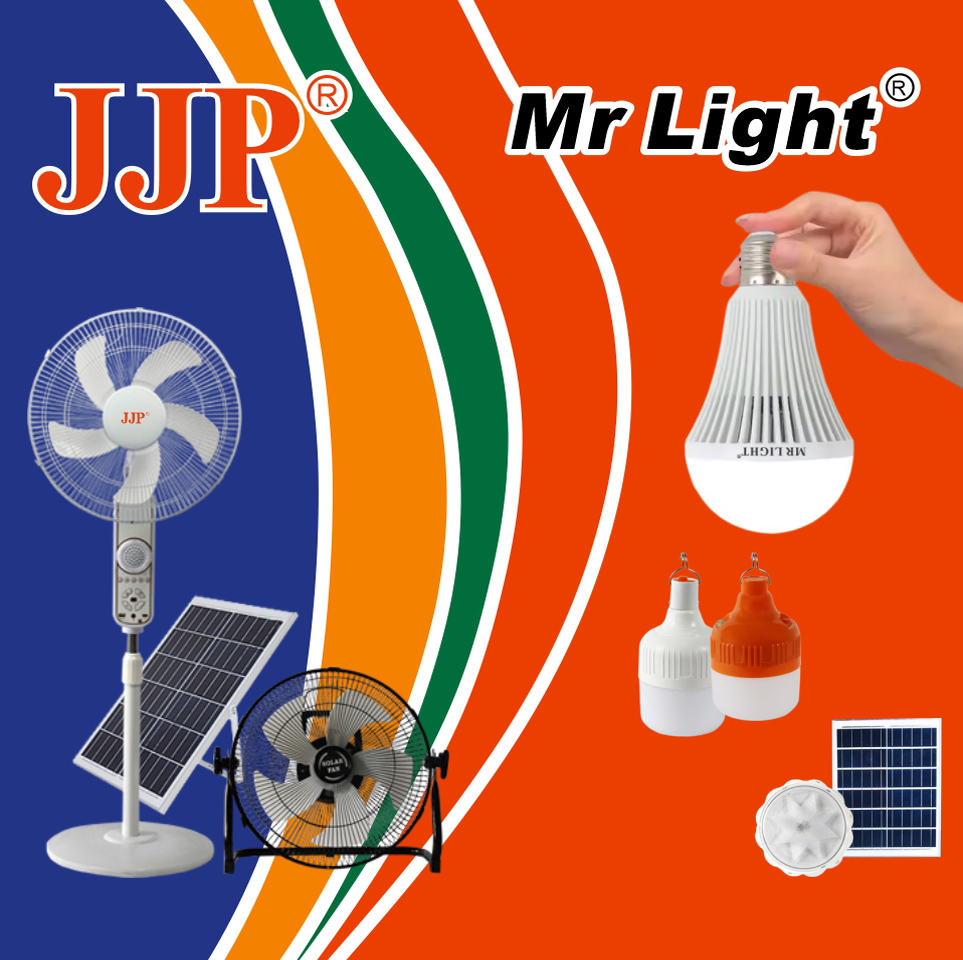

Can Solar-Powered Fans Be Used Only in Areas with Frequent Power Outages?
Solar-powered fans are often associated with regions experiencing frequent power outages, but their utility extends beyond such scenarios. These devices, harnessing solar energy to operate, offer several advantages that make them suitable for a variety of settings.
1. Off-Grid Applications
One primary advantage of solar-powered fans is their ability to function independently of the electrical grid. In remote or off-grid locations where conventional power sources are unavailable or unreliable, these fans provide a crucial solution for ventilation and cooling. They can be used in rural areas, camping sites, or outdoor events where traditional electricity might not be accessible.
2. Energy Efficiency and Cost Savings
Solar-powered fans can be an excellent choice for energy efficiency and cost savings, even in areas with a stable power supply. By relying on solar energy, users can reduce their electricity consumption and lower utility bills. This can be particularly beneficial in regions with high energy costs or during peak usage times when electricity rates are elevated.
3. Environmental Impact
Utilizing solar energy to power fans contributes to environmental sustainability. Solar-powered fans reduce reliance on fossil fuels and decrease greenhouse gas emissions. This makes them an appealing option for environmentally conscious consumers who seek to minimize their carbon footprint, regardless of the frequency of power outages in their area.
4. Emergency Preparedness
While solar-powered fans are not limited to areas with frequent power interruptions, they are valuable during emergencies. In situations where power outages occur due to storms, natural disasters, or other unforeseen events, having a solar-powered fan can provide relief and comfort. This preparedness makes them a practical addition to emergency kits or preparedness plans.
5. Versatile Uses
Solar-powered fans can also be used for various applications beyond cooling indoor spaces. They are effective in ventilating greenhouses, barns, and workshops where proper airflow is essential. Additionally, they can be employed in recreational vehicles (RVs) and boats, where their off-grid capabilities align with the needs of mobile living and travel.
6. Urban and Residential Settings
In urban or residential settings, solar-powered fans offer an eco-friendly alternative to traditional fans. They can be installed on windows, rooftops, or exterior walls to enhance ventilation without contributing to the household's energy consumption. Their ability to function during daylight hours, when solar energy is abundant, complements existing cooling systems and can improve overall indoor air quality.
Conclusion
Solar-powered fans are versatile devices that offer benefits beyond just addressing power outages. Their ability to operate off the grid, enhance energy efficiency, and contribute to environmental sustainability makes them a valuable option for a wide range of applications. Whether in remote locations, emergency situations, or urban environments, solar-powered fans provide a practical and eco-friendly solution for cooling and ventilation needs.





